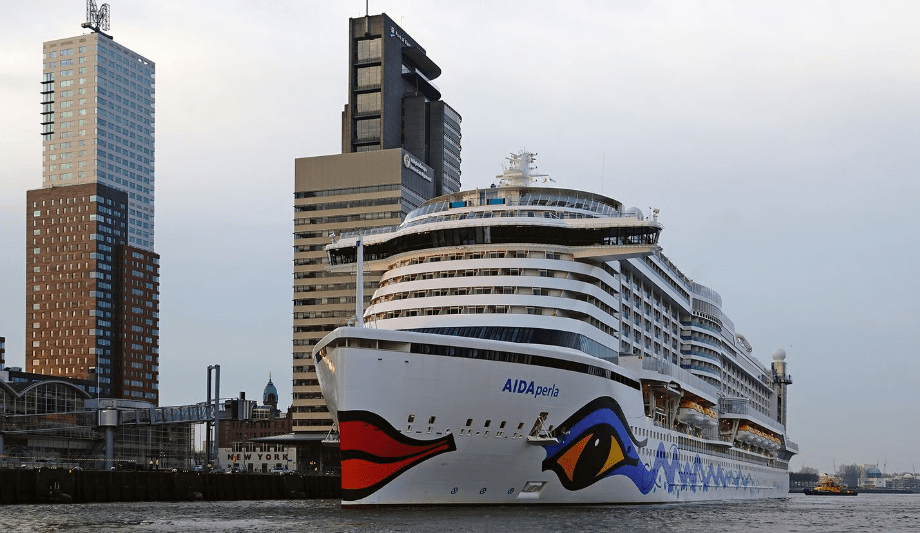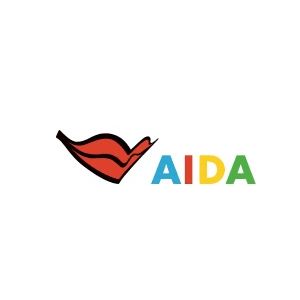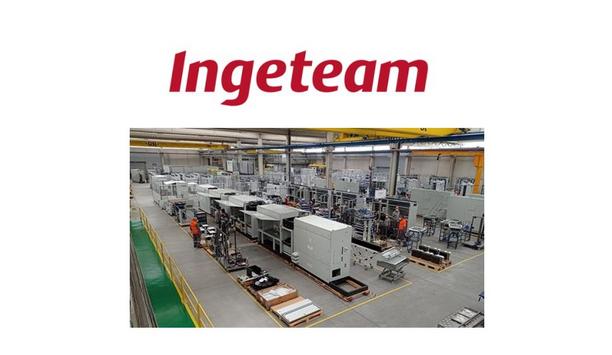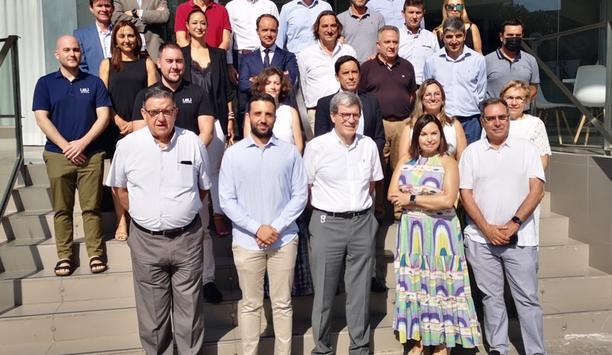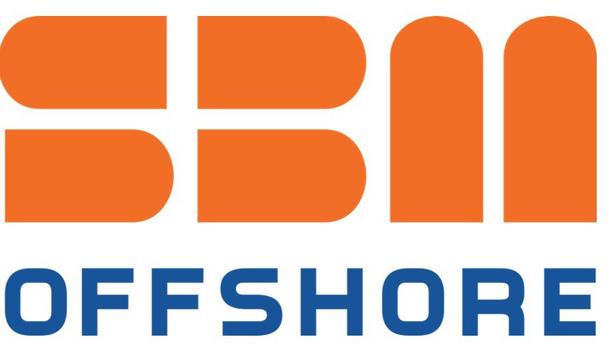GoodFuels has successfully completed its first bio-bunkering for a large passenger ship.
This was done in partnership with Carnival Corporation’s AIDA Cruises brand, marking an important step forward to achieving sustainability in the cruise industry.
AIDAprima, a Hyperion-class cruise ship, was refuelled with GoodFuels’ sustainable biofuels during a visit to the port of Rotterdam.
The trial took place while the vessel was on a seven-day cruise, visiting Hamburg, Southampton, Le Havre and Zeebrugge.
Next-generation sustainable biofuel
GoodFuels’ next-generation sustainable biofuel is derived from feedstocks that are certified as 100% waste or residue, with no land-use issues and no competition with food production or deforestation.
The successful bio-bunkering demonstrates AIDA Cruises’ commitment to investing in new low carbon emissions technologies as part of their long-term decarbonisation strategy.
First bio-bunkering
The first bio-bunkering marks an exciting step forward on the cruise industry’s decarbonisation pathway
Dirk Kronemeijer, CEO of GoodFuels, said: “This first bio-bunkering with AIDA Cruises marks an exciting step forward on the cruise industry’s decarbonisation pathway, demonstrating that our sustainable biofuels are a safe, technically viable and convenient option to drastically cut down emissions from passenger vessels.
“As the effects of climate change are felt acutely in several parts of the world, the time for action is now, and biofuels are one of the few options that can already make a difference today.”
“We are delighted to have worked alongside the trail-blazers at AIDA Cruises in the past few months to make this milestone a reality, and we look forward to collaborating again in the future.”
Exploring opportunities to decarbonize
Felix Eichhorn, President AIDA Cruises, added: "We continue to actively explore all opportunities to decarbonise our fleet while advancing efficiency in line with international carbon intensity reduction targets.
“With the successful start of biofuel usage, we have proven that gradual decarbonisation is possible even on ships already in service.”
“An important prerequisite for us as a cruise line to be able to use it is that it becomes widely available on an industrial scale and at marketable prices."
